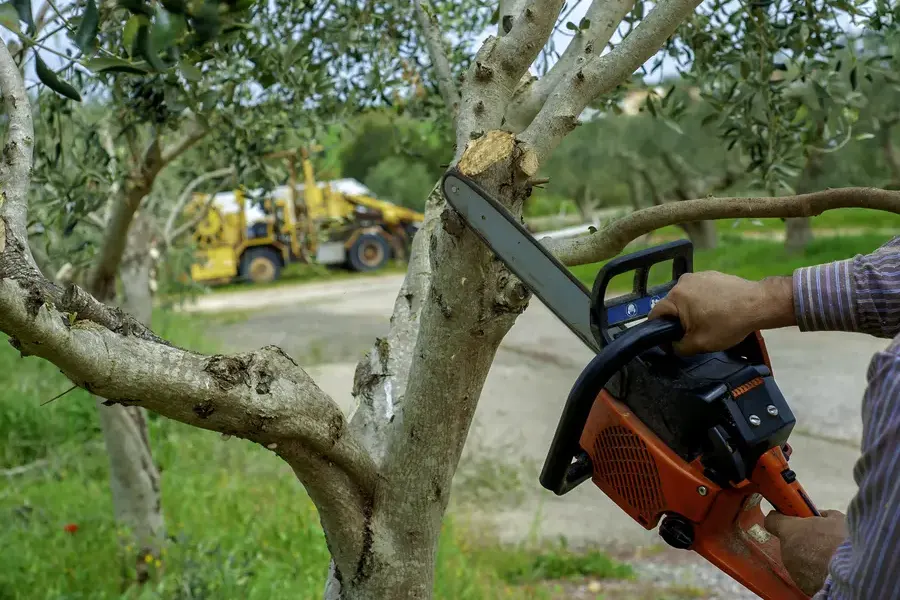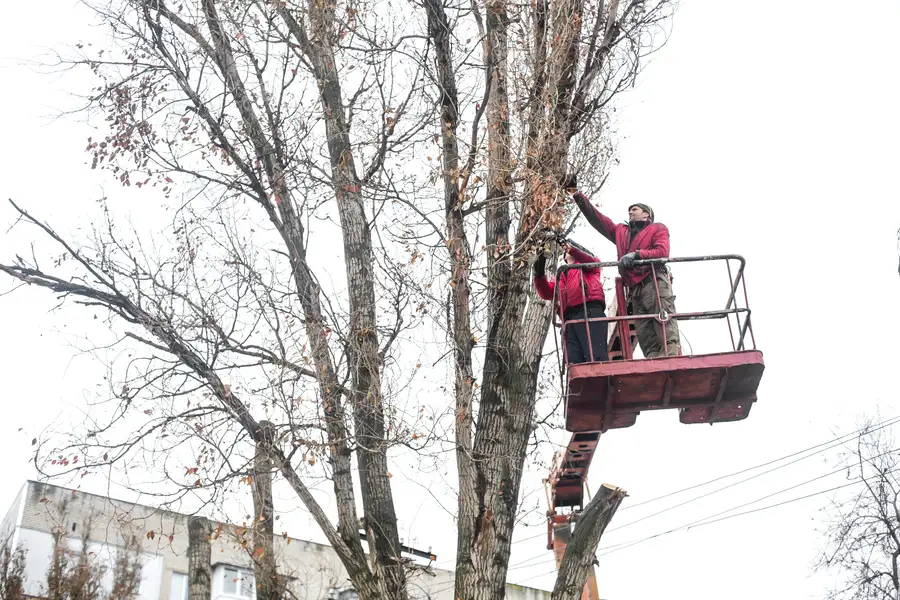Understanding the Best Timing for Pruning Your Trees
Trees are a beautiful addition to any landscape, providing shade, beauty, and even boosting property value. However, keeping them in top condition requires more than just watering them. Pruning your trees at the right time is crucial for their health and growth. Knowing when to trim them can make all the difference in promoting healthy growth and preventing disease. Scheduling tree maintenance isn’t just about aesthetics; it’s also about ensuring that your trees grow strong and live long lives.

The Benefits of Proper Pruning
Pruning plays an essential role in maintaining tree health. It helps remove dead or diseased branches, which can spread illness if left unattended. By cutting these branches, you allow more sunlight and air to penetrate the canopy, fostering better growth conditions for the remaining branches. Additionally, pruning can improve the structure of a tree, reducing the risk of broken limbs during storms. This process not only enhances the appearance of your trees but also ensures their longevity.
Identifying When to Perform Regular Maintenance
One critical aspect of tree care is identifying the optimal time for tree trimming. Different types of trees have different timelines for pruning. Generally, late winter or early spring is ideal for most species because trees are dormant during this period. Pruning before new buds appear allows for robust growth when the growing season begins. Moreover, performing tree trimming during dormancy reduces stress on the tree, as they lose less sap compared to other times of the year.

Common Challenges Faced During Pruning
While pruning offers many benefits, it comes with its own set of challenges. One common issue is over-pruning, which can lead to weakened structures and increased vulnerability to pests. If too many branches are removed at once, a tree’s natural form may be compromised, affecting both its health and appearance. Furthermore, improper cuts can leave wounds that become entry points for diseases. It’s important to understand the specific needs of each tree species to avoid these pitfalls.
Effective Techniques for Optimal Results
To ensure effective pruning, follow a few key techniques:
- Start by removing any dead or diseased wood first
- Use clean, sharp tools for precise cuts
- Avoid cutting too close to the trunk to prevent bark damage
- Focus on shaping the tree gradually over several seasons rather than drastic changes in one go
By adhering to these methods, you can promote healthier growth and maintain the natural beauty of your trees.
Tips for Hiring Professional Services
If you’re unsure about handling pruning yourself, hiring a professional can be a wise decision. Look for arborists with certifications from recognized organizations like the International Society of Arboriculture (ISA). They have the expertise to assess your trees’ specific needs and apply the correct techniques. Additionally, professionals have the proper equipment and safety gear to handle complex jobs safely.
The Cost Considerations Involved
Cost is often a concern when considering professional pruning services. Factors influencing pricing include tree size, location, and complexity of the job. While prices can vary, investing in expert care often results in fewer problems later on. Properly maintained trees will enhance property value and reduce potential costs associated with untreated issues.
Your Next Steps With Garcia's Lawncare
Ready to give your trees the care they deserve? Reach out to us at (940) 223-7346 for expert advice and services tailored to your needs. Our team at Garcia's Lawncare is dedicated to helping your trees thrive throughout the Bridgeport, TX area. Let us assist you in scheduling your next pruning session for optimal health and growth.